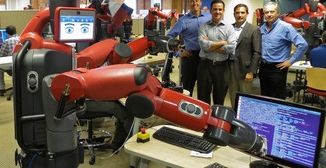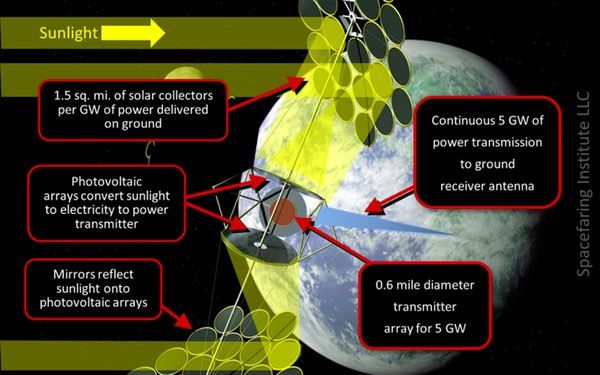Apr 23, 2016
Here’s Why A Universal Basic Income Is The Key To Human Progress
Posted by Shailesh Prasad in categories: economics, innovation
I believe Richard Feynman was one of our greatest scientific minds. He had a very particular way of looking at the world thanks to his father, and it was to look at the world around him as if he were a Martian. Like a fish born into water, it’s hard to actually see water as being water, because it’s all a fish ever knows. And so as humans, it’s a good idea to try and step outside of our usual frame of mind, to see what it is we as humans think and do, from the perspective of a mind totally alien to our everyday environment. With that in mind, here’s what humans are doing right now, from the perspective of someone from far, far away…
What an interesting place and an interesting time it is for a visit. Earth’s most intelligent primates are busy creating technologies that allow them all to do less work, freeing themselves from millennia of senseless toil and drudgery. Strangely, however, they are using such technologies to force each other to work longer and harder. In one area called the United States, responsible for so much of the world’s technological innovation, at a time when productivity has never been higher, the number of hours spent working for others in exchange for the means to live is now just shy of 50 hours per week, where it was once 40 and soon supposed to be 20 on its way to eventually approaching zero.
Humans are even performing work that doesn’t actually need to be done at all, even by a machine. One of the craziest examples of such completely unnecessary work is in Europe where an entire fake economic universe has been created under the label of “Potemkin companies” like Candelia.
Continue reading “Here’s Why A Universal Basic Income Is The Key To Human Progress” »
















